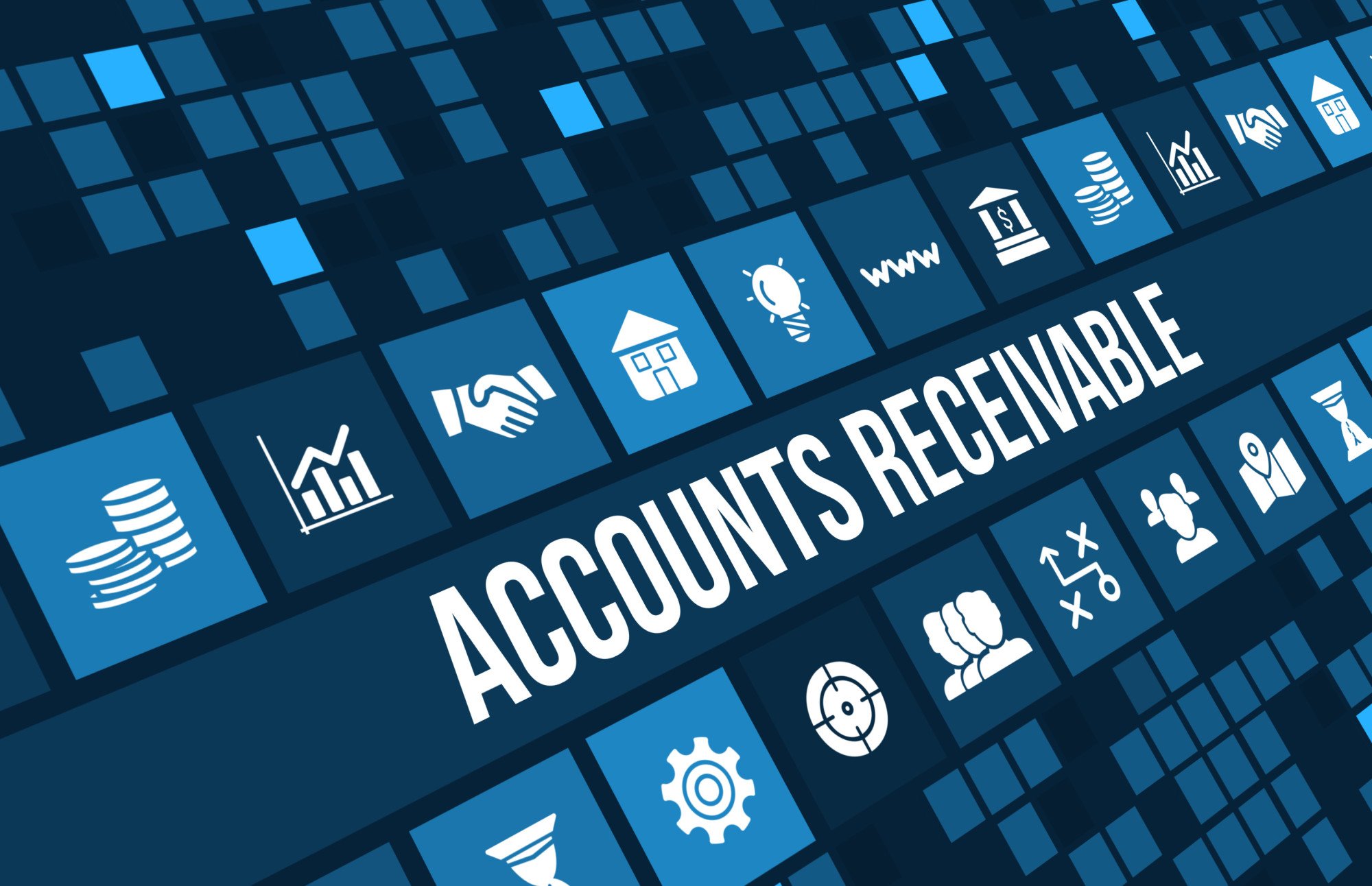Do you find yourself asking the age-old question: Is accounts receivable an asset?
If you’re a business owner looking to understand the answer to this query, then you’ve come to the right place!
Consider this your guide into the world of accounts receivable assets, where you’ll learn all you need to know about identifying and managing these assets for your business.
So, buckle up and join us for the ride. You have a lot to learn about this one!
What Are Accounts Receivable
In business accounting, accounts receivable represent the money owed to your business by customers or clients. When you provide goods or services to a customer on credit, you essentially extend them a line of credit, which they are expected to repay at a later date. Until that payment is received, the amount is categorized as accounts receivable on your balance sheet.
Is Accounts Receivable an Asset
The answer is yes, and here’s why. An asset is anything of value that a business owns, which can be used to generate future income or provide some other future benefit. Accounts receivable fit this definition perfectly.
When you make a sale and allow your customer to pay later, you’re essentially creating a promise of future payment. This promise has value because it represents money that will flow into your business in the future. As such, accounts receivable are considered current assets on your balance sheet, as they are expected to be converted into cash within a relatively short period, usually within a year.
So, to sum it up, accounts receivable are indeed assets because they hold monetary value. They have the potential to contribute to your business’s financial well-being in the future.
How to Leverage Accounts Receivable as an Asset to the Business
Now, let’s explore how you can leverage them to benefit your business.
Improve Cash Flow
Accounts receivable can be a valuable tool to manage your cash flow effectively. When your business faces temporary cash shortages, you can use accounts receivable as collateral to secure a short-term loan or line of credit from a bank. This allows you to bridge the gap between your expenses and incoming payments, ensuring your business runs smoothly.
Offer Discounts
Encourage your customers to pay their outstanding invoices early by offering them discounts. This not only incentivizes prompt payment but also accelerates the conversion of accounts receivable into cash, improving your liquidity.
Regular Bank Reconciliation
To keep a close eye on your accounts receivable, it’s crucial to perform regular Bank Reconciliation. This process helps you identify any discrepancies or errors in your financial records, ensuring that your accounts receivable are accurately represented on your balance sheet.
Overview of Accounts Receivable as an Asset
So, is accounts receivable an asset? Yes, accounts Receivable is an asset to any company due to its liquidity and quick collection of funds. With proper management, accounts receivable can help a business remain viable and continue to grow.
If you want to learn more about how to leverage A/R as an asset, contact an expert today and get the advice that you need.
If you found this helpful and want to read more great content, check out our latest blog posts now!




